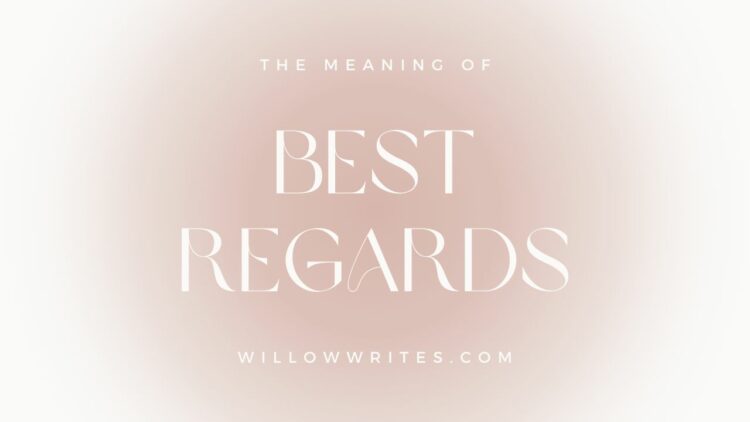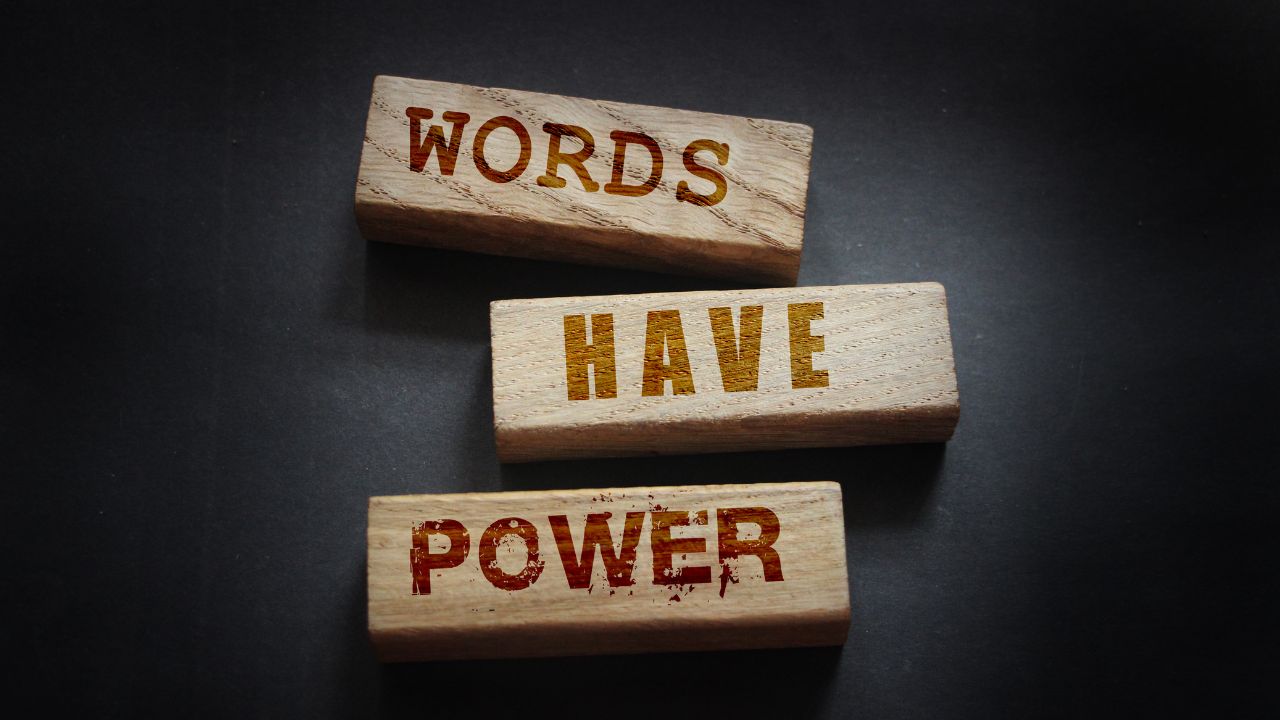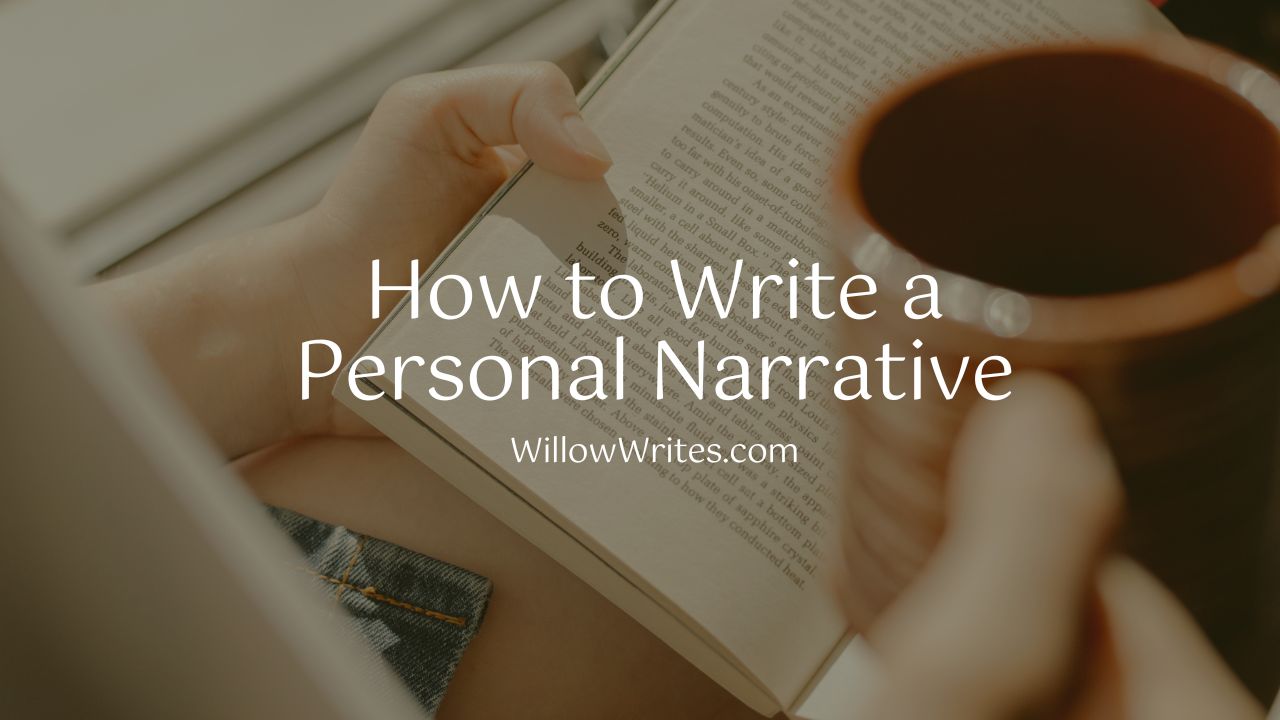Learn the meaning of “Best Regards” and discover effective closing phrases for professional communication. This article provides examples, etiquette tips, and alternatives to enhance your written communication skills and avoid common mistakes when working with the best regards meaning.
Best Regards Meaning and Usage
“Best Regards” is an expression that signifies the sender’s well wishes or good intentions towards the person they are addressing. It is a way of showing respect, courtesy, and professionalism. The phrase is often used to conclude a message on a positive note, leaving a favorable impression on the recipient.
Here are a few examples of how “Best Regards” can be used in different contexts:
- Business Emails: “Thank you for your prompt response. I appreciate your assistance. Best Regards, [Your Name].”
- Job Applications: “I have attached my resume for your review. Thank you for considering my application. Best Regards, [Your Name].”
- Client Communication: “I look forward to discussing the project further. Thank you for your time and consideration. Best Regards, [Your Name].”
- Professional Networking: “It was a pleasure meeting you at the conference. I hope we can stay in touch. Best Regards, [Your Name].”
Best regards” is a commonly used professional closing in emails and formal correspondence. It is considered polite and respectful. However, the appropriateness of the closing can vary depending on the context and relationship with the recipient. It is always a good idea to consider the tone and formality of the communication before choosing a closing.
Alternatives to “Best Regards”
“Best regards” is a correct and commonly used closing in emails and formal correspondence. It is a polite and respectful way to end a message. However, other variations can also be used, such as “Kind regards,” “Sincerely,” or “Yours sincerely,” depending on the formality and context of the communication.
“Best regards” is considered a formal closing, but it is still commonly used in professional and business settings. If you are looking for a slightly less formal alternative, you can consider using “Kind regards” or “Warm regards.” These closings still maintain a professional tone while being slightly less formal. Ultimately, the choice of closing depends on the specific context and your relationship with the recipient.
- Kind Regards: This phrase is often used as a slightly more formal alternative to “Best Regards.” It maintains a polite and respectful tone.
- Sincerely: “Sincerely” is a traditional closing that can be used in both formal and informal contexts. It conveys a sense of genuine sincerity and goodwill.
- Warm Regards: This closing is a bit more personal and friendly. It can be used when you have a closer or more familiar relationship with the recipient.
- Yours Truly: Similar to “Sincerely,” “Yours Truly” is a classic closing that can be used in various situations to express sincerity and respect.
The choice between “Best regards” and “Sincerely” depends on the context and the level of formality you want to convey.
“Sincerely” is a traditional and formal closing that is commonly used in business letters and formal correspondence. It is a safe and professional choice for most situations.
“Best regards” is also a commonly used closing and is generally considered more friendly and personal compared to “Sincerely.” It can be used in both formal and informal settings, depending on the relationship with the recipient.
Both closings are acceptable and widely used. The choice between them ultimately depends on your personal preference and the tone you want to set in your message.
Etiquette Tips for Closing Phrases
To ensure the effective use of closing phrases, consider the following etiquette tips:
- Appropriateness: Use closing phrases like “Best Regards” in professional or formal communication. In more casual settings, consider using alternatives like “Warm Regards” or “Yours Truly.”
- Cultural Considerations: Be mindful of cultural differences and variations in closing phrases. Different cultures may have their own preferred closing phrases or customs, so it’s important to be aware of these differences when communicating with individuals from diverse backgrounds.
- Email Signature: Include a professional email signature that consists of your name, job title, contact information, and a closing phrase. A well-crafted email signature can leave a lasting impression on the recipient.
- Maintaining the Right Tone: Ensure that the overall tone of your email aligns with the chosen closing phrase. Maintain a positive and professional tone throughout the email, not just in the closing.
- Personalization: Personalize your closing phrase based on your relationship with the recipient. Tailor the closing to reflect the level of familiarity and formality in the communication.
Common Mistakes to Avoid
To use closing phrases effectively, avoid the following common mistakes:
- Overly Casual Language: Avoid using overly casual language or slang in your closing phrase in professional settings. Maintain a level of formality appropriate to the context.
- Inappropriate Closings: Be cautious not to use inappropriate closing phrases for certain situations. Ensure that your choice of closing aligns with the nature of the communication.
Following these tips and avoiding common mistakes, you can effectively use closing phrases to leave a positive and professional impression in your written communication.
In conclusion, the best regards meaning is a widely used phrase that conveys goodwill and respect in written communication. It is a polite and professional way to end a message, leaving a positive impression on the recipient. However, alternative phrases can vary your closing while maintaining a similar tone. You can enhance your communication skills and leave a lasting impact by considering etiquette tips, cultural differences, email signature importance, maintaining the right tone, personalization, and avoiding common mistakes.











